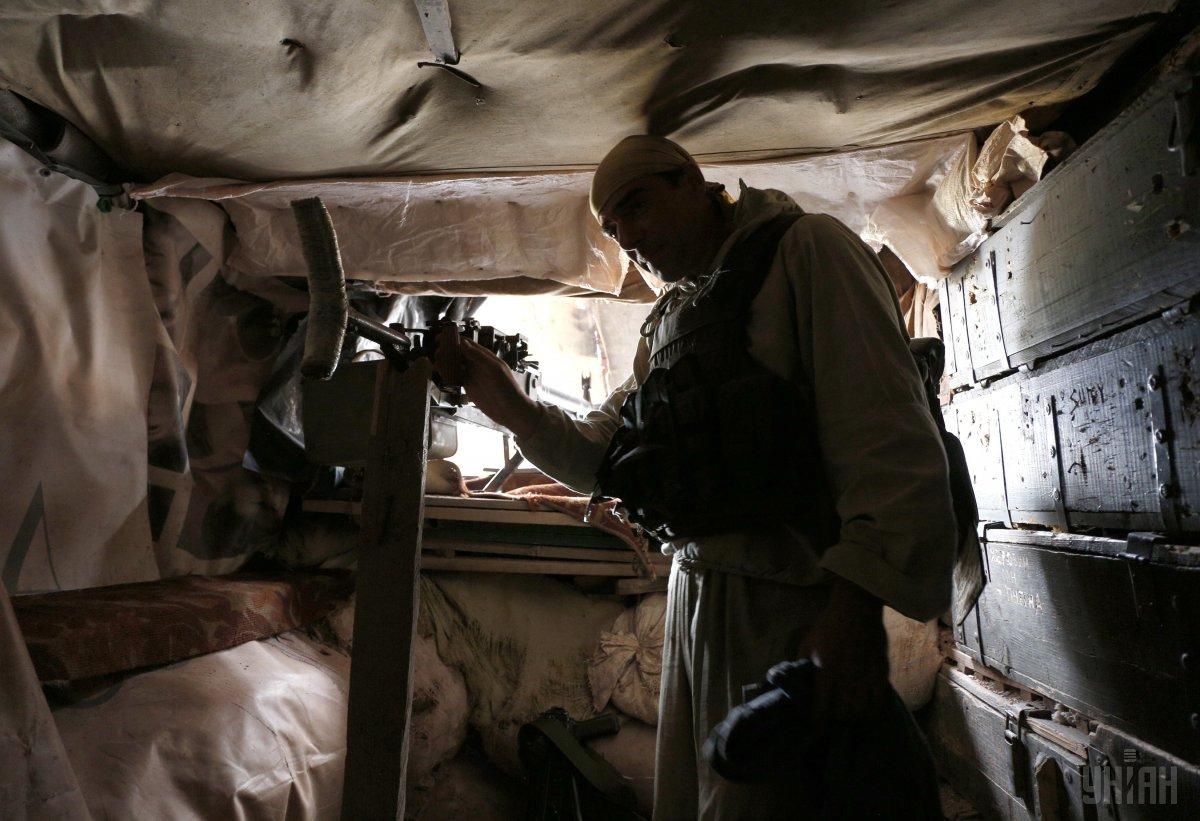
Although the world’s attention has shifted, Ukrainians still see the war as the country’s most important issue, surpassing corruption and the economy.
Ukrainian President Petro Poroshenko has employed a slogan: “We stopped the aggressor and defended the country!” Yet few place much faith in the Minsk 2 agreement, the accords signed in 2015 that call for the occupied territories to return to Ukrainian control and be granted a nebulous “special status,” according to The Economist.
These comprise large parts of the Donetsk and Luhansk regions. Disputes over implementation have been stuck in a vicious circle for years: Ukraine argues that security and control over the border with Russia should come before political steps; Russia insists on receiving political guarantees before relinquishing control of the territory it holds. Many in Ukraine believe the accords, imposed during a ferocious Russian advance, are a rotten deal. Continuing to rely on them is “like riding a dead horse”, argues one MP.
Privately officials acknowledge that the Minsk agreements will need to be amended, expanded or even replaced before a settlement can be reached. One addition under discussion is a UN peacekeeping mission. Kurt Volker, the American special representative for Ukraine, says several countries have already agreed to contribute forces, among them Sweden, Finland, Belarus, Turkey and Austria. Yet negotiations with Russia over the mandate have ground to a halt. Until Vladimir Putin decides otherwise, the smouldering status quo will endure.
Read alsoPutin has lost Ukraine – Kurt Volker
There has been no meeting between Kurt Volker and his Russian counterpart, Vladislav Surkov, since January. Plainly, Russia has decided to wait to see what happens at the elections, hoping to end up with more pliable counterparts in Kyiv, if not as president, then at least controlling a large chunk of parliament.
In the meantime, the pseudo-republic in Donetsk plans to hold its own sham elections this November, following the assassination of its nominal head, Alexander Zakharchenko, at a cafe in Donetsk in August—the latest of several commanders to meet untimely deaths on their home turf. While Russian and separatist officials blame his killing on Kyiv and the West, an inside job looks more likely, with Russia seeking to clear away troublesome local leaders. Yet throughout Donetsk, Zakharchenko’s likeness still adorns billboards, alongside such quotes as “We have one motherland and that is Russia.”
Read also“Painful processes” cannot be avoided: Ukraine official on ukrainianizing Donbas
Though the division of Donbas is artificial, the longer the rupture remains, the harder reintegration will become. “The sides seem determined to reinforce their positions on the ground and their physical separation from each other,” argues a recent report by the International Crisis Group, a Brussels-based watchdog.
Even if the troops eventually retreat, the basic steps necessary for political reconciliation, such as drawing up voter lists for credible elections, will be devilishly difficult, the publication says, adding that around 1.5 million people have been displaced since the conflict erupted.

